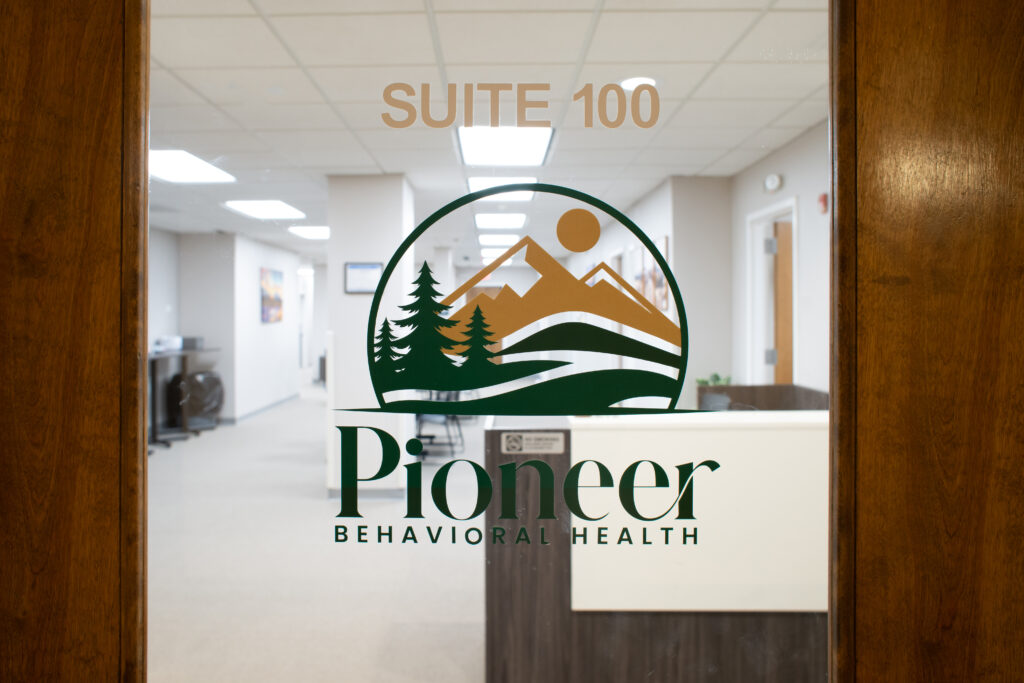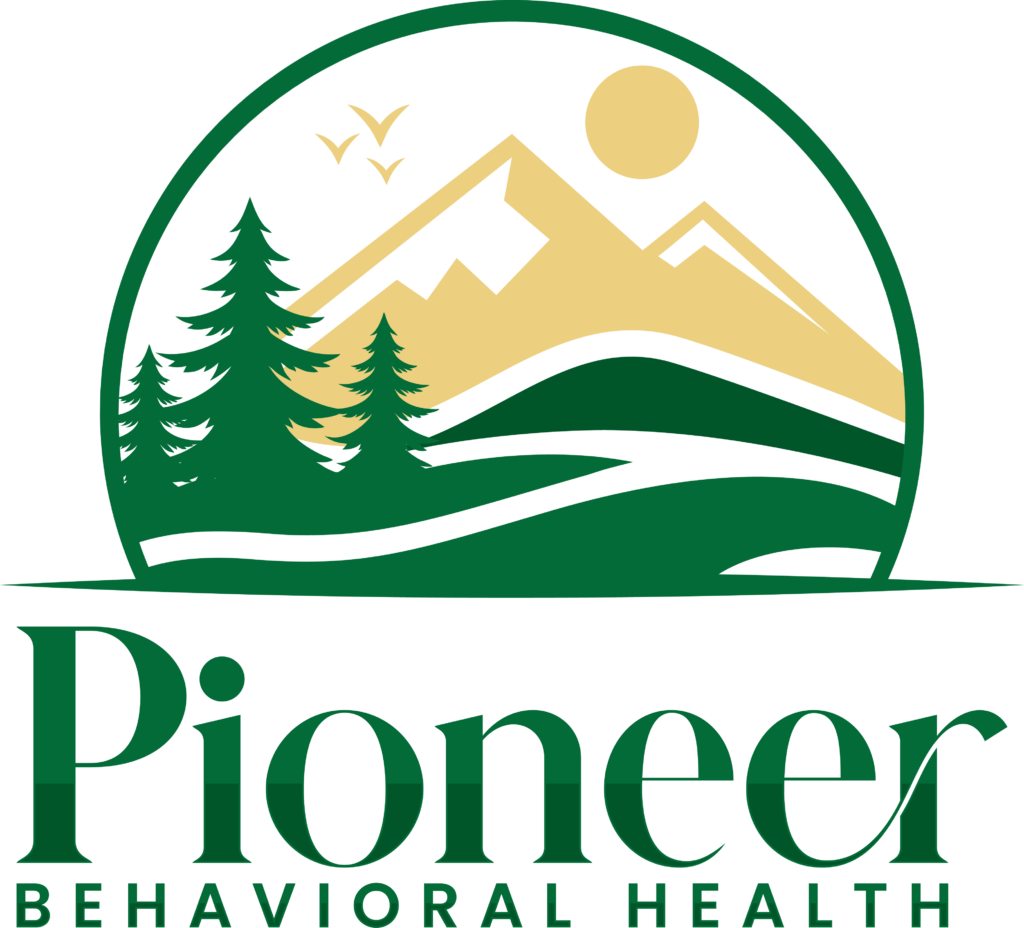Mental health disorders and substance use often go hand in hand, creating unique challenges for those affected. When a person experiences both—a condition known as dual diagnosis or co-occurring disorders—effective treatment requires addressing both issues simultaneously. Focusing on just one can leave the other unresolved, increasing the risk of relapse and hindering long-term recovery.
At Pioneer Behavioral Health, we provide integrated, holistic care to navigate the complexities of dual diagnosis. Our personalized approach equips clients with the tools they need to heal—physically, emotionally, and mentally.
What is Dual Diagnosis?

Dual diagnosis occurs when someone is living with both a substance use disorder and a mental health condition. Common mental health issues linked with substance abuse include:
- Depression
- Anxiety disorders
- Bipolar disorder
- Post-traumatic stress disorder (PTSD)
- Personality disorders
While substance use doesn’t always cause mental illness—and vice versa—the two frequently reinforce one another, making recovery more complex without professional, coordinated care.
How Mental Health and Substance Use Are Connected
Many people use substances to temporarily manage symptoms of untreated mental health conditions. For example, someone with anxiety may turn to alcohol to feel calm—only to develop dependence over time, worsening the very symptoms they were trying to escape.
Also, both substance use and mental health conditions affect brain chemistry, particularly neurotransmitters like serotonin and dopamine. Long-term drug or alcohol use can upset this balance, leading to increased emotional instability.
Those with mental health conditions are more vulnerable to developing substance use disorders, and vice versa. Genetics, trauma, and chronic stress are often contributing factors in the development of co-occurring disorders.
Recognizing the Signs of Dual Diagnosis
Because symptoms of mental illness and addiction often overlap, identifying dual diagnosis can be difficult. If you or someone you care about shows signs from both categories, integrated treatment may be necessary.
Signs of Substance Use Disorder:
- Inability to stop or cut back
- Cravings or withdrawal symptoms
- Neglecting responsibilities
- Risky behavior while under the influence
Signs of Mental Health Challenges:
- Persistent sadness, irritability, or mood swings
- Chronic anxiety or excessive worry
- Changes in sleep or appetite
- Social withdrawal or feelings of hopelessness
Why Integrated Treatment is Essential
Treating only one part of the problem often leads to incomplete recovery. For example, managing depression without addressing a co-existing addiction may lead to self-medication and relapse.
Integrated treatment—where both conditions are addressed at the same time—is the most effective path forward. Benefits include:
- A holistic approach to physical, emotional, and mental well-being
- Reduced risk of relapse
- Improved outcomes through personalized, coordinated care
- Ongoing support for lasting recovery
Evidence-Based Therapies for Dual Diagnosis
At Pioneer Behavioral Health, our treatment programs incorporate a variety of clinically proven therapies and wellness practices:
- Cognitive-Behavioral Therapy (CBT): Identifies and changes destructive thought patterns, while teaching practical coping strategies for stress, cravings, and triggers.
- Dialectical Behavior Therapy (DBT): Builds emotional regulation skills, mindfulness, and healthy communication—especially helpful for managing intense emotions or self-harming behaviors.
- Trauma-Informed Therapy: Addresses the root causes of addiction, such as unresolved trauma. Techniques like EMDR (Eye Movement Desensitization and Reprocessing) help clients process and release painful past experiences.
- Medication-Assisted Treatment (MAT): Combines FDA-approved medications with therapy to ease withdrawal symptoms, reduce cravings, and support mood stability.
- Holistic Therapies: Yoga, art therapy, mindfulness practices, and movement therapy promote overall wellness and provide alternative tools for managing stress.
The Importance of Family in Recovery
Addiction and mental health struggles often affect the entire family. Involving loved ones in the recovery process can lead to better outcomes. Family therapy helps:
- Rebuild trust and open lines of communication
- Set healthy boundaries
- Educate family members about dual diagnosis
- Create a supportive environment for ongoing healing
Support for Long-Term Recovery
Recovery doesn’t stop after treatment ends. That’s why we emphasize long-term care and ongoing support through:
- Outpatient Therapy – Continued access to clinical support post-treatment
- Peer Support Groups – Shared experiences through 12-Step or similar recovery communities
- Alumni Programs – Connection and support from others in long-term recovery
- Wellness Planning – Guidance on nutrition, exercise, and self-care for sustainable healing
Get Dual Diagnosis Treatment in Longmeadow, MA

At Pioneer Behavioral Health, we believe true recovery addresses the whole person. Our programs offer a nurturing, empowering space for individuals to recover, grow, and thrive.
What sets us apart:
- Customized Treatment Plans – Built around your unique history, needs, and goals
- Expert Multidisciplinary Team – Licensed therapists, clinicians, and recovery specialists
- Mind-Body Integration – Blending evidence-based treatment with holistic wellness
- Support at Every Step – From detox to outpatient care, we’re with you through it all
If you or a loved one is struggling with both addiction and a mental health disorder, help is available—and healing is possible.
Contact us today—let’s take that first step together.


